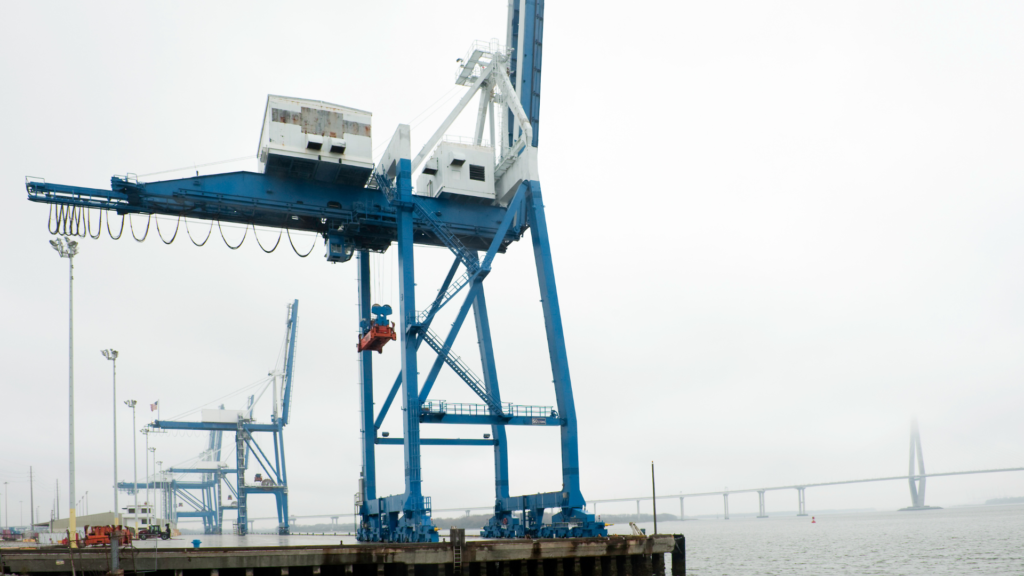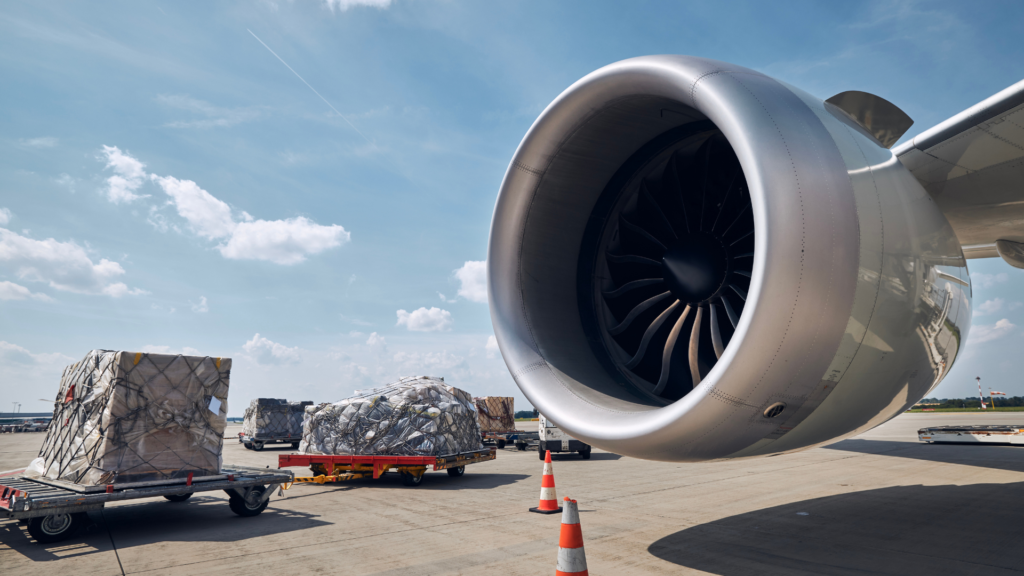Improving Infrastructure
After 11 years, the deepening of the Port of Charleston’s harbor will reach its completion. The soon-to-be 52 feet will allow the port to handle 20,000-TEU ships. With growing imports from Southeast Asia and the Indian Subcontinent, the project also widened the entrance to the channel was also widened from 47 to 54 feet making Charleston one of the deepest harbors on the East Coast.
“Deeper channels ... seamlessly handle ships that are filled with large volumes of imports and exports,” said SC Ports CEO Barbara Melvin. “We efficiently moved 28 percent more containers per vessel in FY22 on bigger ships carrying more cargo calling our marine terminals.”
The port has also continued to work through more than $2 billion dollars in infrastructure investments to remain a top 10 US port. “With our eyes to the future, we continue to invest in our capacity,” Melvin said. “Significant investment is required in order to stay competitive, and our investments are not for the faint of heart.”
Increasing the quantity of port-owned chassis and a new rail-served intermodal yard are critical components to greatly enhancing SC Ports’ capacity.
Up in the Air
After surveying 400 air cargo stakeholders in the public and private sectors, the Airforwarders Association (AfA) and the National Customs Brokers and Forwarders Association of America (NCBFAA) are calling for a State or Federal-backed ‘Air Cargo Support Fund’ to tackle the infrastructural crisis facing the US air cargo industry.
“With airports and airlines experiencing substantial revenue shortfalls over the past two years, the situation is becoming critical with potentially severe impacts on the economy and jobs throughout the country,” said Brandon Fried, executive director of the AfA. “Because of the lagging financials, airports will be allocating the monies of the Infrastructure Act to passengers, security, and safety, leaving insufficient funds to sustain air cargo operations. Additional funding, specifically dedicated to air cargo, is urgently needed.”
Failure by the US Legislature to heed the warnings and act quickly can result in:
- Escalating costs for modernization of airport facilities and infrastructure
- Continued adverse environmental impacts
- Industry consolidations and overall job loss
- Higher costs to all elements of the logistics chain from shipper to buyer
- Continued inability to meet anomalous challenges



